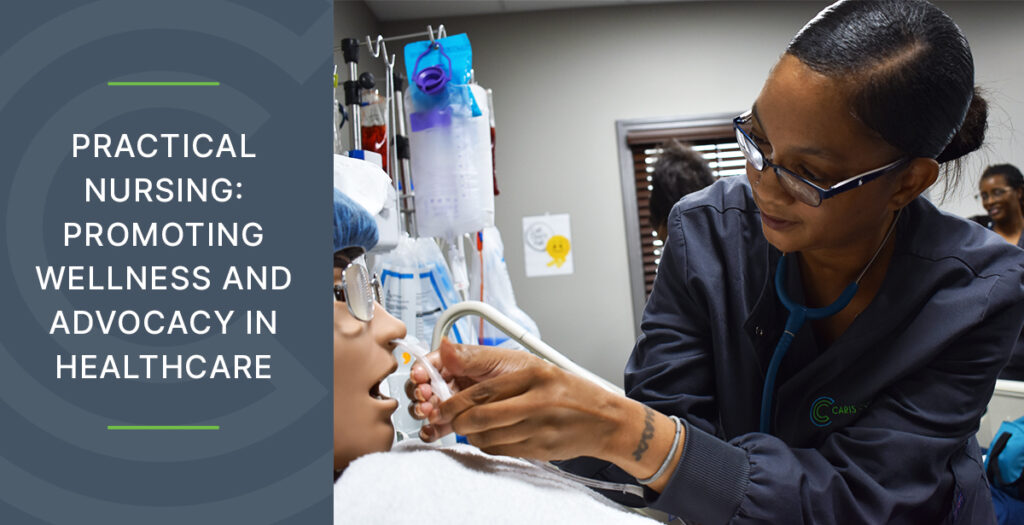
What is a Practical Nurse and how do I become one?
It’s hard to imagine a more heroic or rewarding profession than the nursing profession. Maybe that’s because no matter what type of nurse you are, you’re earning a living by helping others on a daily basis. So, what does a practical nurse do and how do you become one of these healthcare heroes? Let’s break it down.
What is practical nursing?
Practical nursing is a patient care career that provides a variety of health care services to individuals, families, and communities. Practical nurses work in many different settings, including hospitals, nursing homes, assisted living facilities, physician’s offices, home health care agencies, and schools. They provide essential support to registered nurses and typically perform duties such as:
- Patient care such as changing bandages, dressing wounds
- Administering medication
- Monitoring and recording vital signs
- Drawing blood
- Administering IV drips
- Recording patient information and updating records
- Educating patients and their families on important health initiatives
What traits should a practical nurse have?
Being a practical nurse requires more than just educational qualifications and clinical knowledge. The most obvious trait is the desire to help others. So, compassion and empathy are pretty much essential. Practical nurses often work in fast-paced, high-pressure environments, so being organized, detail-oriented, and cool under pressure are also important traits for a practical nurse.
In addition to these qualities, practical nurses must also have excellent interpersonal communication skills to be able to effectively communicate with other members of the healthcare team, as well as patients and their families. They must be able to assess a patient’s condition and accurately record information for further review by other members of the healthcare team.
Education and training requirements
While the educational requirements may vary by state, all states require that practical nurses be licensed in order to practice. You must also obtain your licensure in order to work as a practical nurse. This typically requires you to pass the NCLEX-PN (National Council Licensure Examination – Practical Nursing) exam. You will also need to complete a state approved practical nursing course before you can receive your license. One of the benefits of practical nurse training is that most programs can be completed in less time than more advanced nursing programs such as a registered nurse program. For example, the Practical Nurse program at Caris College is an accelerated program that can be completed in only 12-months. Becoming a practical nurse is a great starting point if you are considering a more advanced nursing career in the future.
There’s no question that practical nurses play an important role in most healthcare settings. As the first line of defense against illness and injury, these healthcare heroes not only provide compassionate care to those in need, they support the registered nurses and doctors who are helping to save lives every day. To learn more about practical nurse training, and how you can get started on your career, contact Caris College and be sure to check out the video below.
How To Become a Practical Nurse